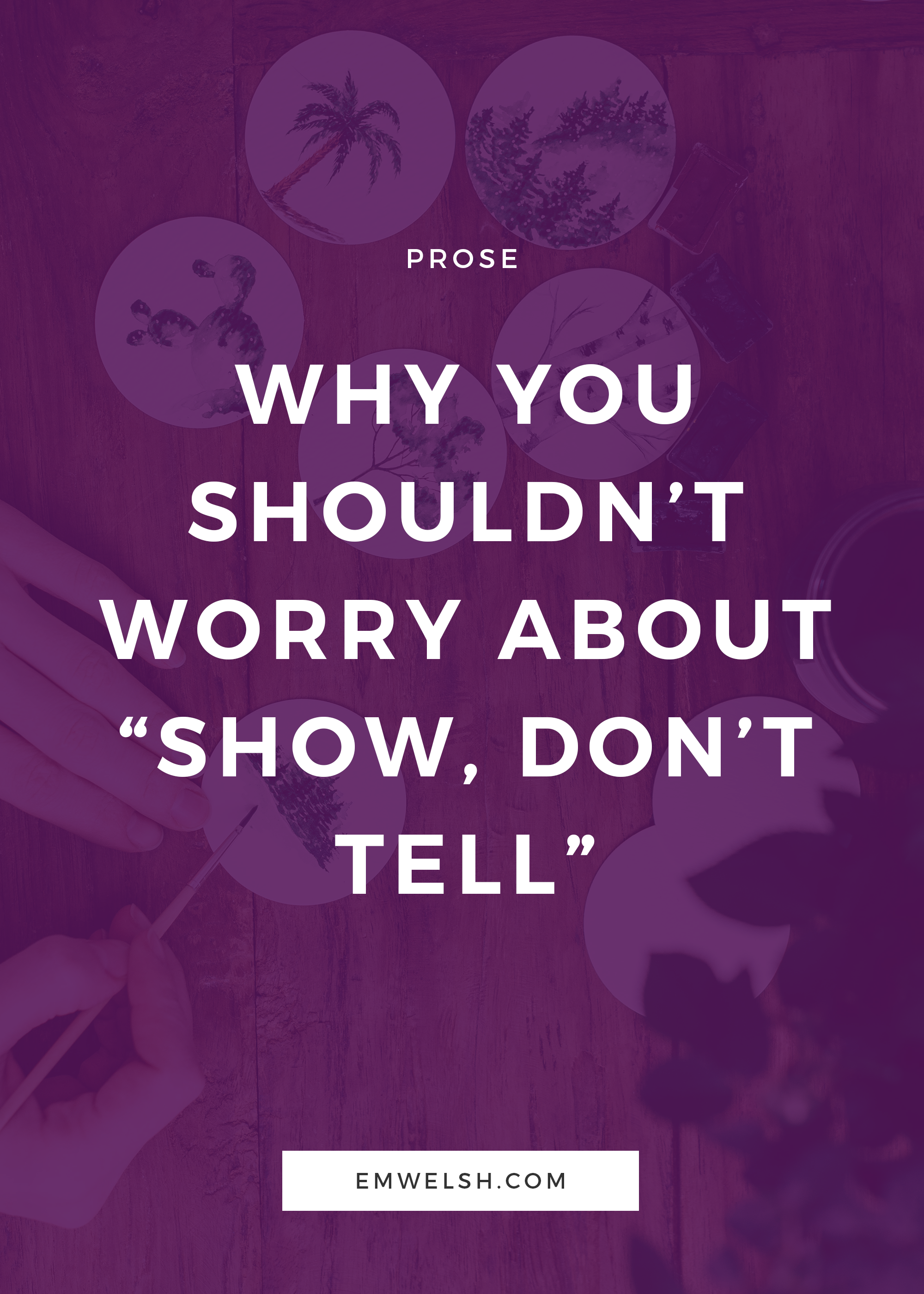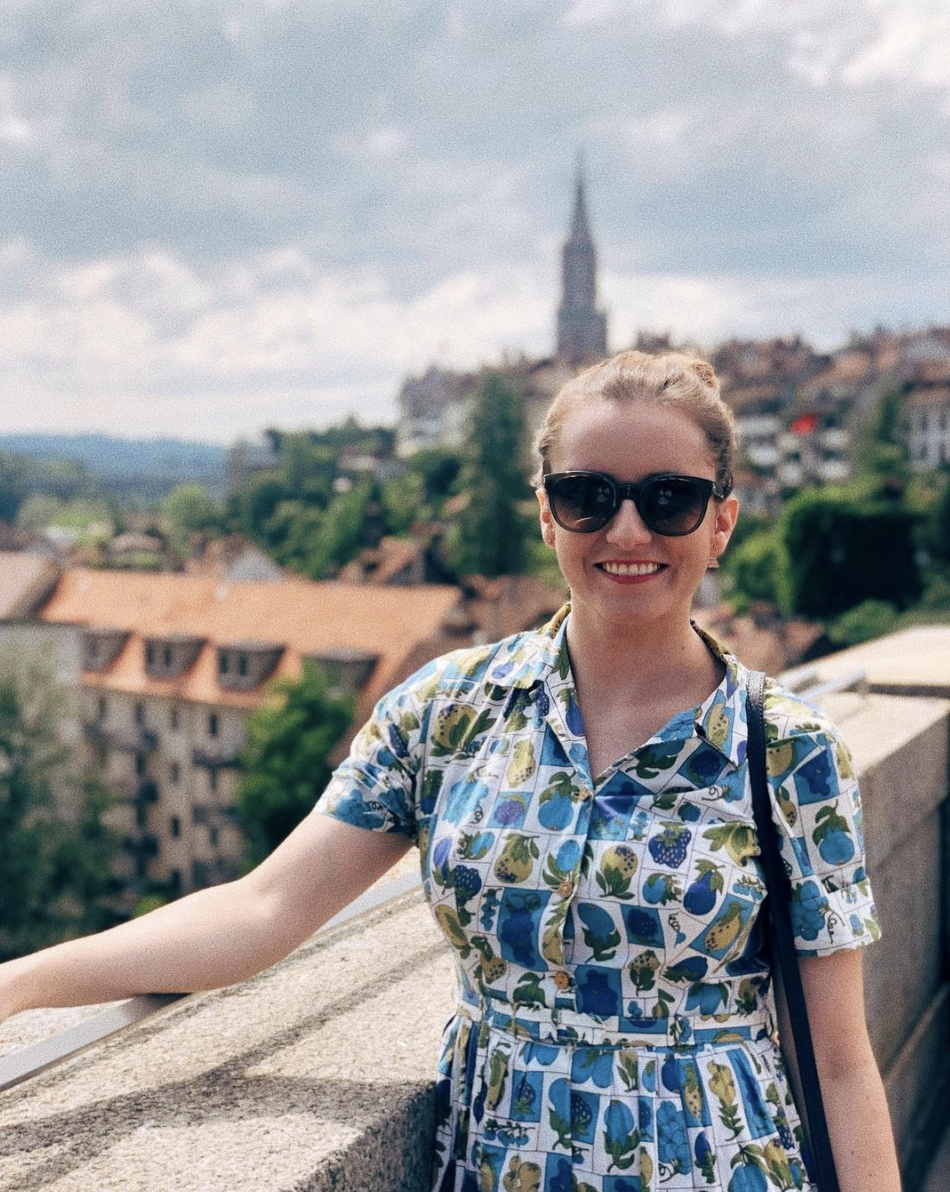How J.K. Rowling Mastered Writing in Different Mediums
/Every winter when everyone begins to snuggle up by the fire and celebrate the holiday season, I always feel a strong urge to return to my worn, yet beloved Harry Potter collection. Harry Potter, in many ways, is what made me who I am today. When I was younger and one of the last in my class to learn to read, Harry Potter became the entertaining push to keep me going. Very quickly it became an obsession and one that I have sustained throughout my entire life. With that obsession I developed a love for reading, but also other storytelling forms that I couldn't appreciate until I was much older and much more widely read.
Read More












